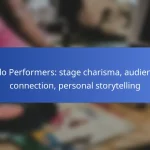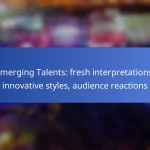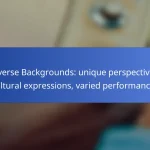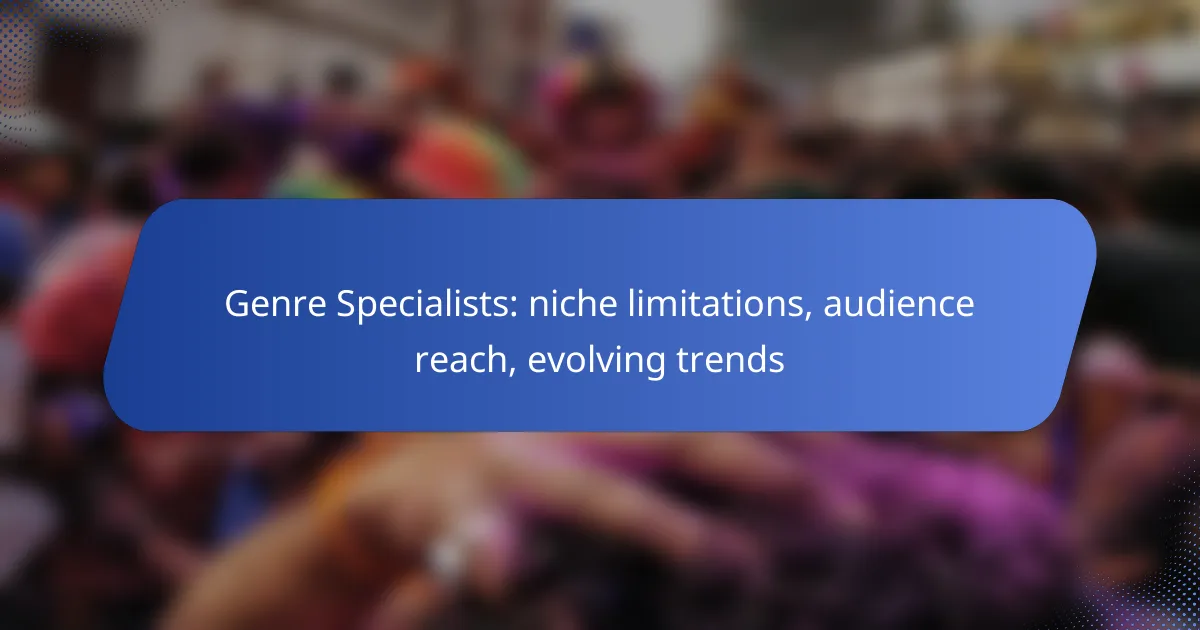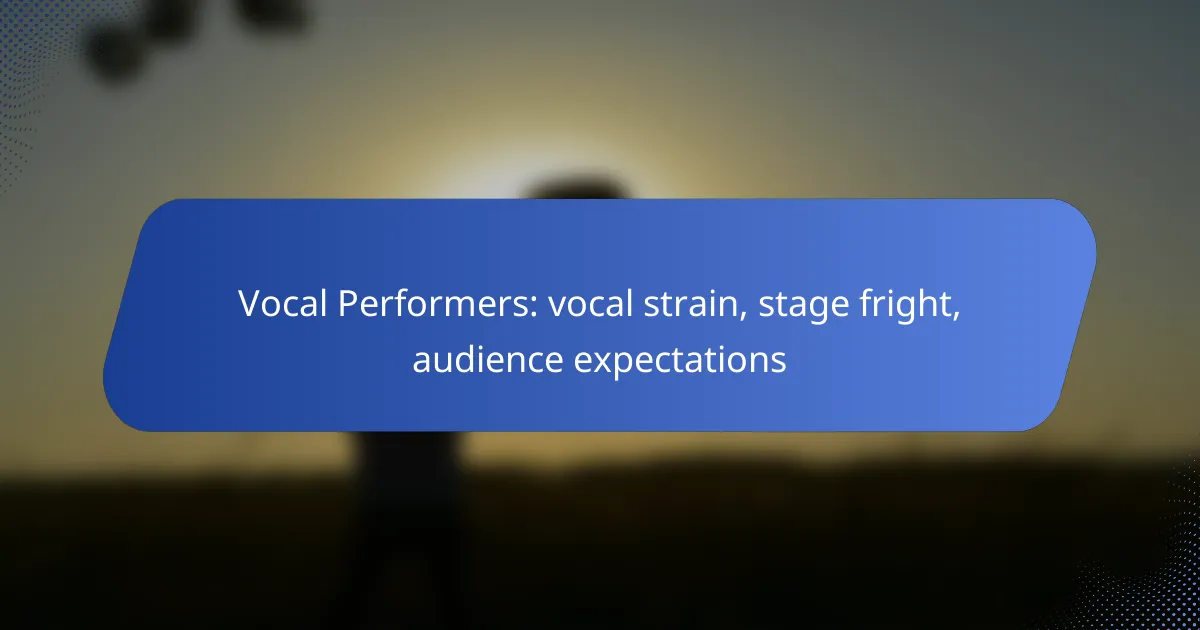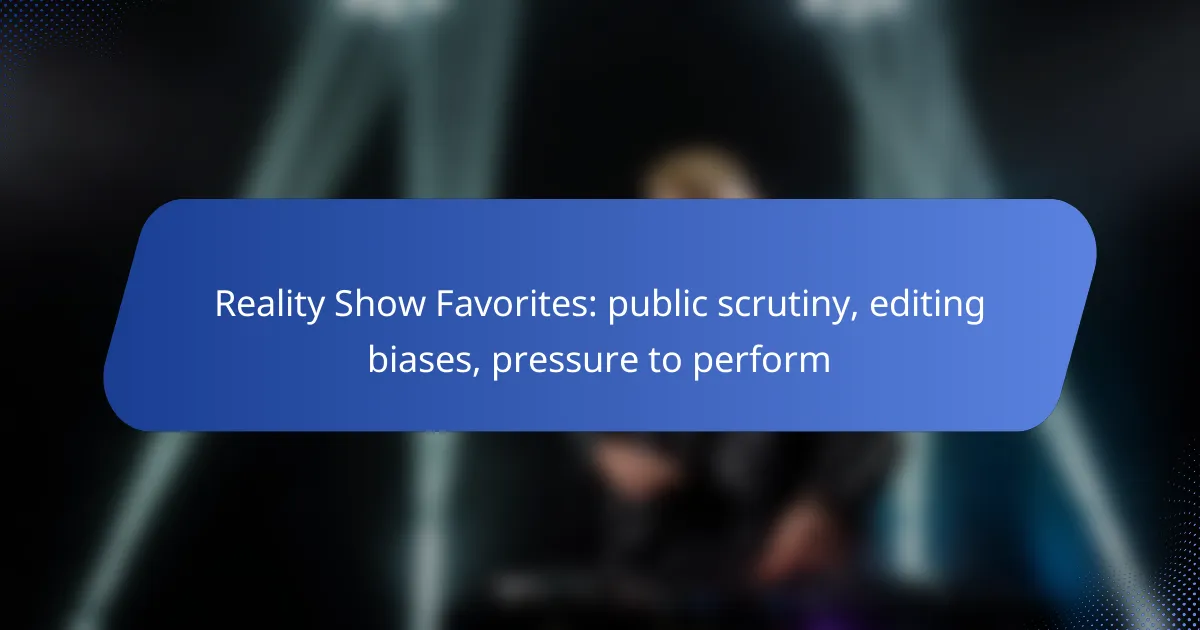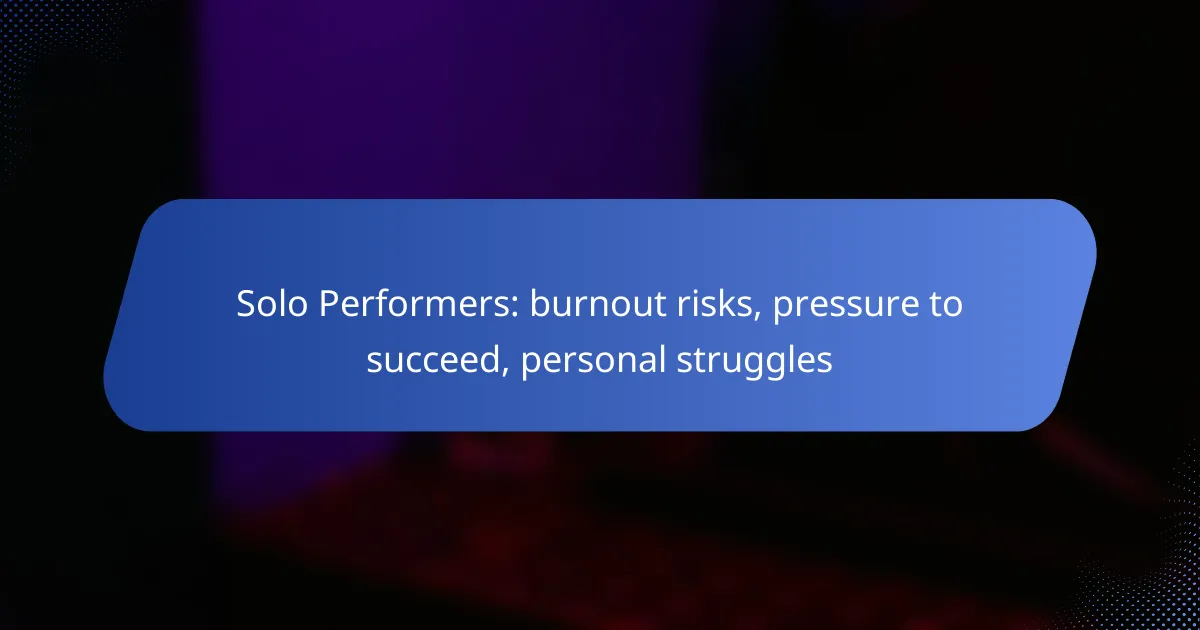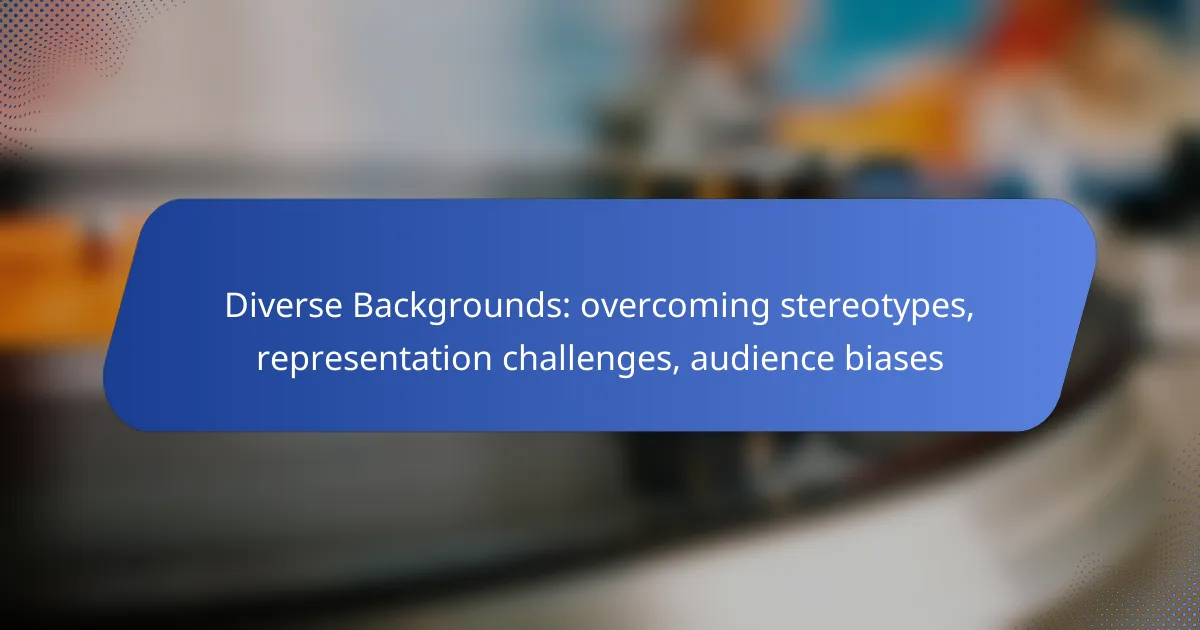Genre specialists face unique challenges, including limited audience reach and intense competition from broader genres, which can hinder their growth. However, by employing targeted marketing strategies, they can effectively connect with niche audiences, fostering engagement and loyalty. As audience preferences evolve alongside technological advancements, these creators are increasingly blending genres and adapting their storytelling to stay relevant in a dynamic landscape.
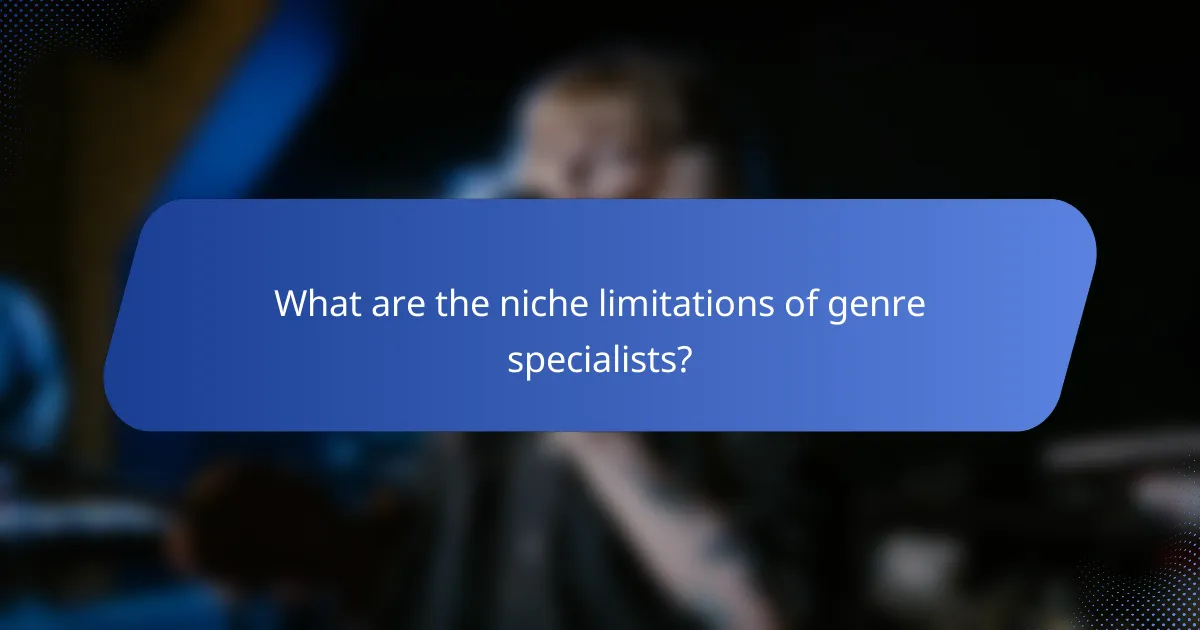
What are the niche limitations of genre specialists?
Niche limitations of genre specialists include restricted audience reach, challenges in content differentiation, and competition from broader genres. These factors can significantly impact their ability to grow and sustain a dedicated following.
Limited audience engagement
Genre specialists often struggle with limited audience engagement due to their narrow focus. This can result in a smaller pool of potential fans, making it difficult to cultivate a vibrant community. Engaging with a broader audience may require diversifying content or collaborating with creators from other genres.
To enhance engagement, genre specialists should consider interactive formats, such as live Q&A sessions or community-driven projects, which can draw in new viewers while retaining existing fans.
Content saturation
As more creators enter niche genres, content saturation becomes a significant challenge. With numerous offerings available, it can be hard for any single creator to stand out. This saturation often leads to diminishing returns, where even quality content struggles to gain traction.
To combat saturation, genre specialists should focus on unique storytelling angles or innovative formats that differentiate their work from others. Regularly analyzing audience preferences can also help tailor content to current trends.
Market fragmentation
Market fragmentation occurs when niche genres split into even smaller sub-genres, further limiting audience size. This division can dilute the potential fan base, making it harder for creators to achieve widespread recognition. Understanding these sub-genres is crucial for effective marketing and outreach.
Genre specialists should identify and target specific sub-groups within their niche, using tailored marketing strategies to connect with these audiences. Engaging with niche communities on platforms like social media can also help build a loyal following.
Resource constraints
Many genre specialists face resource constraints, including limited budgets and manpower. This can hinder their ability to produce high-quality content consistently. Without adequate resources, it can be challenging to compete with larger creators or production companies.
To maximize resources, genre specialists should prioritize projects with the highest potential return on investment. Collaborating with other creators or seeking sponsorships can also provide additional support and funding.
Competition from mainstream genres
Competition from mainstream genres poses a significant threat to niche specialists. Popular genres often dominate audience attention and marketing budgets, making it difficult for niche creators to gain visibility. This competition can overshadow unique offerings that may appeal to specific audiences.
To navigate this landscape, genre specialists should leverage their unique perspectives and storytelling methods. Highlighting the distinctiveness of their content through targeted marketing and partnerships can help attract audiences who appreciate niche offerings over mainstream alternatives.
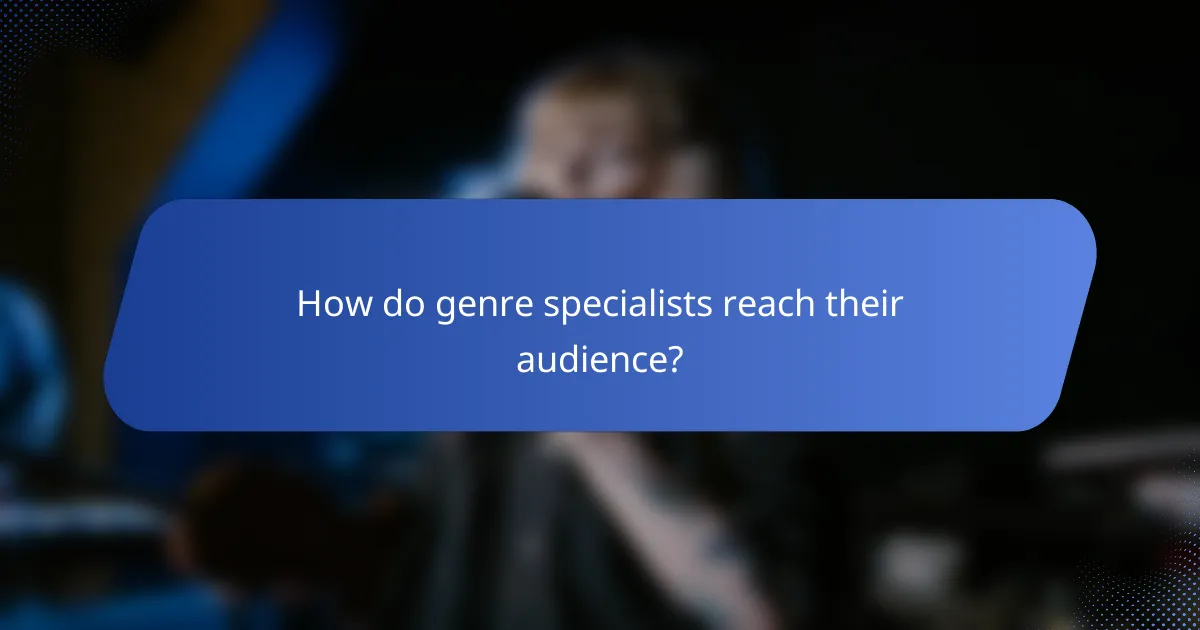
How do genre specialists reach their audience?
Genre specialists reach their audience by employing focused marketing techniques tailored to specific interests and preferences. This approach allows them to connect with niche audiences effectively, maximizing engagement and loyalty.
Targeted marketing strategies
Targeted marketing strategies involve identifying and segmenting the audience based on their specific genre preferences. By utilizing data analytics, genre specialists can create personalized campaigns that resonate with their audience’s interests, leading to higher conversion rates.
For instance, a specialist in fantasy literature might use email marketing to promote new releases to subscribers who have previously shown interest in similar titles. This ensures that the marketing message is relevant and compelling.
Utilizing social media platforms
Social media platforms are crucial for genre specialists to engage with their audience directly. By sharing content that aligns with their genre, such as book trailers, behind-the-scenes insights, or fan art, they can foster a sense of community and excitement.
Platforms like Instagram and TikTok are particularly effective for visual storytelling, allowing genre specialists to showcase their work creatively. Regular interaction through comments and live sessions can further enhance audience connection.
Collaborations with influencers
Collaborating with influencers who share a similar audience can significantly expand a genre specialist’s reach. Influencers can introduce the specialist’s work to their followers, creating a ripple effect of interest and engagement.
For example, a horror author might partner with a popular YouTube channel that reviews horror books, leveraging the channel’s established audience to gain visibility and credibility in the genre.
Community building
Building a community around a specific genre fosters loyalty and encourages word-of-mouth promotion. Genre specialists can create forums, host events, or initiate book clubs that allow fans to connect and share their passion.
Engaging with the community through regular updates, discussions, and exclusive content can strengthen relationships and encourage members to become advocates for the genre specialist’s work.
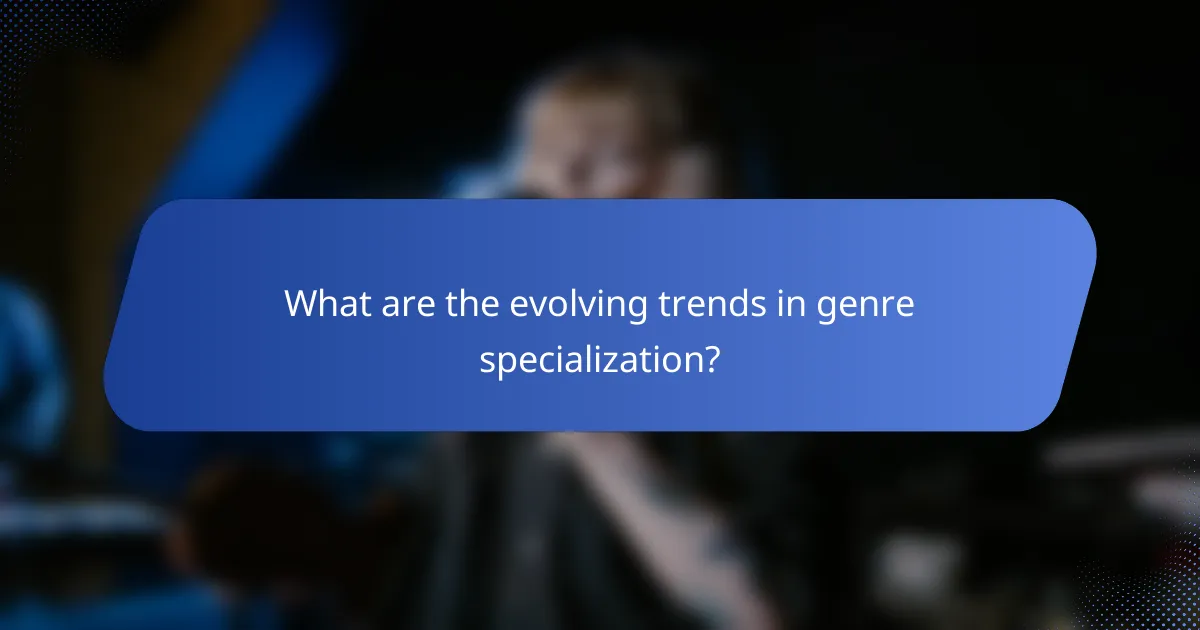
What are the evolving trends in genre specialization?
Evolving trends in genre specialization reflect the changing preferences of audiences and advancements in technology. As creators adapt to these shifts, they often blend genres, focus on niche storytelling, and leverage data to inform their content strategies.
Hybrid genre blending
Hybrid genre blending involves combining elements from multiple genres to create innovative and engaging content. This approach allows creators to reach diverse audiences by appealing to varied tastes and preferences. For example, a romantic comedy might incorporate elements of science fiction, attracting fans from both genres.
When blending genres, consider the compatibility of themes and tones. Successful hybrids often maintain a balance, ensuring that neither genre overshadows the other. This can lead to unique storytelling opportunities and broaden audience engagement.
Increased digital consumption
The rise of digital platforms has significantly increased content consumption, allowing niche genres to thrive. Streaming services and social media provide creators with access to global audiences, making it easier to find and engage specific demographics. This trend has led to a surge in popularity for genres that may have previously been overlooked.
To capitalize on this trend, creators should focus on optimizing their content for digital formats. Shorter episodes, interactive elements, and user-generated content can enhance viewer engagement and retention. Understanding platform algorithms can also help in reaching target audiences effectively.
Focus on niche storytelling
Niche storytelling emphasizes specific themes, cultures, or experiences that resonate with particular audiences. This trend allows creators to explore underrepresented narratives, fostering a deeper connection with viewers. For instance, stories centered on local folklore or marginalized communities can attract dedicated fan bases.
When focusing on niche storytelling, research your target audience thoroughly. Understanding their preferences and cultural contexts can guide content creation, ensuring authenticity and relevance. Engaging with the community through social media or events can also enhance visibility and support.
Data-driven content creation
Data-driven content creation utilizes analytics to inform storytelling decisions and audience engagement strategies. By analyzing viewer preferences, creators can tailor their content to meet audience demands, leading to higher satisfaction and retention rates. Metrics such as view counts, engagement rates, and demographic insights are crucial in this process.
To implement data-driven strategies, regularly review analytics from platforms like YouTube or Netflix. Use this information to refine your content, experiment with different formats, and identify emerging trends. However, avoid over-reliance on data; creativity and originality remain essential in storytelling.
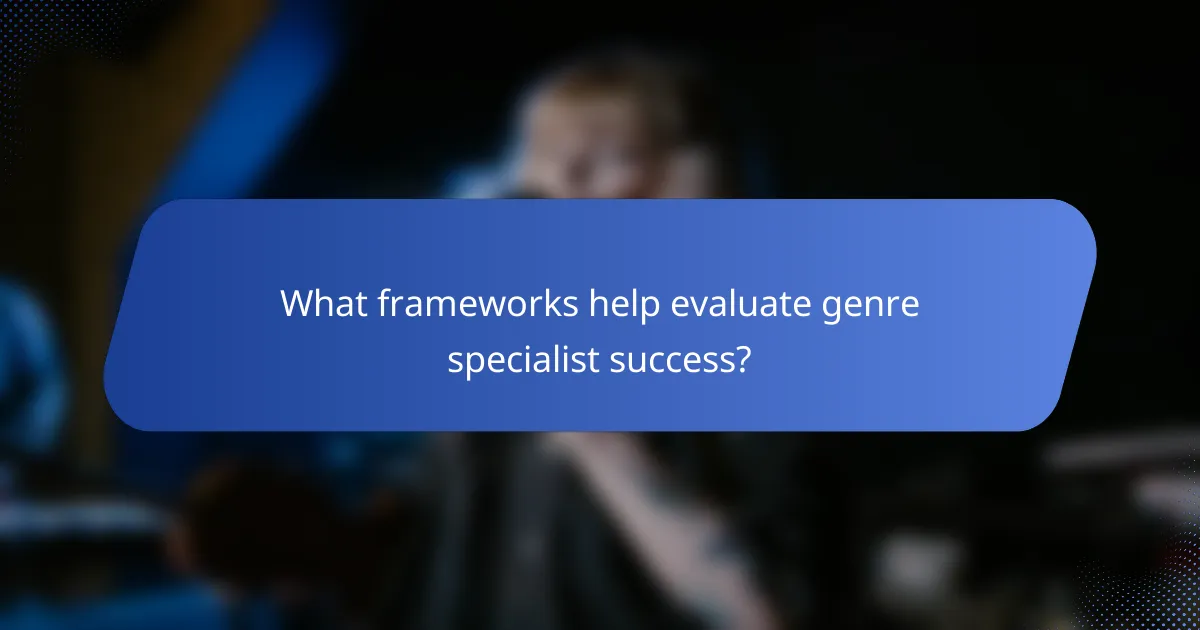
What frameworks help evaluate genre specialist success?
Evaluating the success of genre specialists involves frameworks that focus on audience metrics, engagement rates, and revenue models. These frameworks provide insights into how well a genre specialist is connecting with their target audience and generating income.
Audience growth metrics
Audience growth metrics track the increase in followers, subscribers, or listeners over time. This can be measured through social media analytics, website traffic, or streaming platform statistics. A steady growth rate of 5-10% monthly is often considered healthy for niche genres.
To effectively evaluate audience growth, consider segmenting your audience by demographics or interests. This allows for targeted marketing strategies that can enhance growth. Tools like Google Analytics or social media insights can help in gathering this data.
Engagement rate analysis
Engagement rate analysis measures how actively the audience interacts with content. This includes likes, shares, comments, and time spent on content. A good engagement rate typically ranges from 1-5% for social media posts, while higher rates may indicate a more dedicated audience.
To improve engagement, focus on creating high-quality, relevant content that resonates with your audience. Regularly analyze which types of content generate the most interaction and adjust your strategy accordingly. Tools like Hootsuite or Buffer can assist in tracking these metrics.
Revenue generation models
Revenue generation models for genre specialists can vary widely, including subscription services, merchandise sales, and advertising revenue. Understanding which model works best for your niche is crucial for financial success. For example, subscription models may yield consistent income but require a loyal audience base.
Consider diversifying revenue streams to mitigate risks. For instance, combining merchandise sales with digital content subscriptions can enhance overall income. Regularly review your pricing strategy and adjust based on audience feedback and market trends to optimize revenue potential.
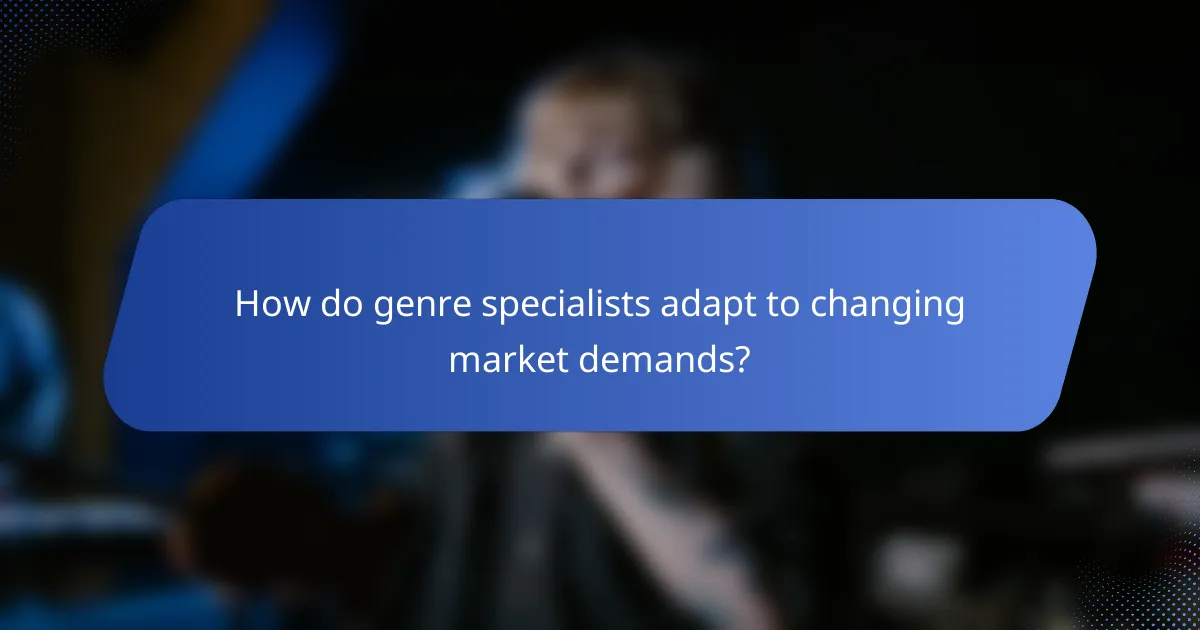
How do genre specialists adapt to changing market demands?
Genre specialists adapt to changing market demands by closely monitoring trends, engaging with their audiences, and adjusting their content strategies. This proactive approach enables them to remain relevant and meet the evolving preferences of their target markets.
Trend analysis and forecasting
Trend analysis involves examining current market data to identify shifts in consumer preferences and emerging genres. Specialists often utilize tools like social media analytics and sales data to forecast which genres are gaining traction. For instance, a rise in popularity for dystopian themes may prompt authors to explore related narratives.
Forecasting can also include monitoring industry reports and attending genre-specific conventions. By staying informed, genre specialists can pivot their projects to align with anticipated trends, ensuring their work resonates with audiences.
Feedback loops with audiences
Engaging with audiences through feedback loops is crucial for genre specialists. This can involve soliciting opinions via social media, conducting surveys, or hosting focus groups. By understanding audience reactions, specialists can refine their content to better meet expectations.
Regular interaction helps specialists gauge interest in specific themes or styles, allowing them to adjust their offerings accordingly. For example, if readers express a desire for more diverse characters, specialists can incorporate this feedback into their future works.
Flexible content strategies
Flexible content strategies allow genre specialists to adapt quickly to market changes. This might include diversifying their portfolio by exploring sub-genres or collaborating with other authors to reach new audiences. For instance, a romance writer might experiment with elements of fantasy to attract a broader readership.
Additionally, specialists should be prepared to modify their marketing approaches based on audience feedback and trend analysis. Utilizing various platforms, such as podcasts or online communities, can enhance visibility and engagement, ensuring that their content remains appealing and relevant.
